Kiwi coalition marks return to the right

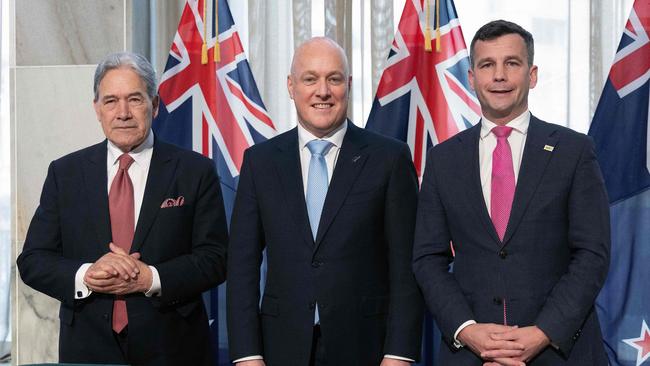
Such volatility reflects Kiwis becoming frustrated with bland centrism. After bold reforms in the ’80s and ’90s, New Zealand drifted under Helen Clark’s light-pink Labour and John Key’s light-blue National. Jacinda Ardern, backed by Winston Peters’s NZ First and the far-left Greens, promised bold social-democratic reform in 2017 but didn’t deliver. Voted out in 2020, Peters became Ardern’s harshest critic, adding vaccine-scepticism and Trumpian conspiracism to his usual conservative nationalism, winning 6.1 per cent of the vote.
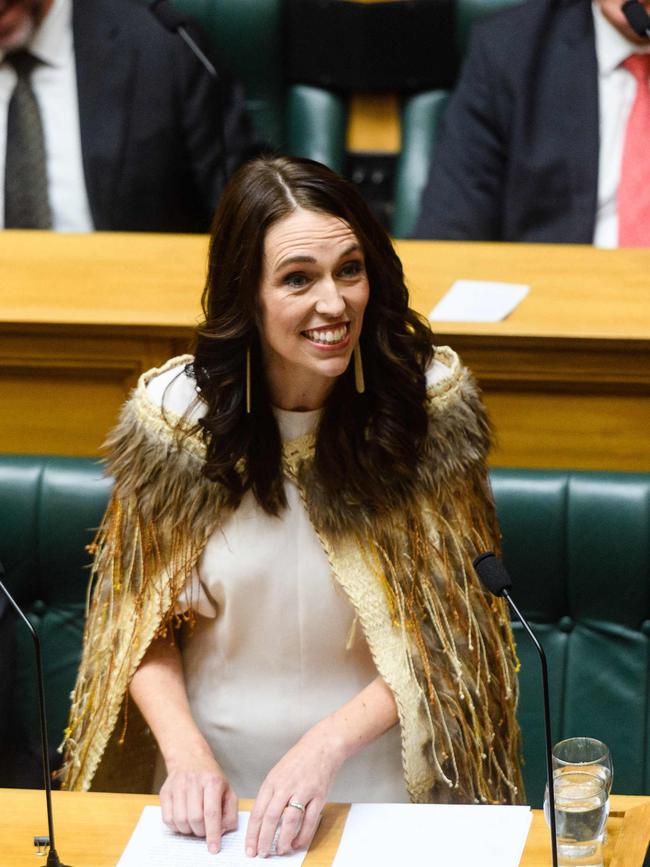
After three failed leadership experiments, Luxon re-established National’s bland centrism, winning 38.1 per cent and leaving room on his right for the ACT party to secure a record 8.6 per cent. The three parties’ 68 seats easily control New Zealand’s 123-seat parliament. Like his mentor Key, Luxon has few political convictions, previously running majority-state-owned Air New Zealand and chairing Ardern’s short-lived Business Advisory Council.
Pre-election, he offered little more than a tax switch, universally panned as fiscally irresponsible, inflationary and breaching international tax treaties. Other promises included requiring students to keep their smartphones in their bags during school hours and appointing a hunting and fishing minister. Such micro-promises wooed back low-information voters from Labour who Luxon must retain for re-election.
ACT brings intellectual rigour, fiscal responsibility, a commitment to deregulation – including of the labour market – and plans to let state schools choose to become privately owned but publicly funded charter schools. The Reserve Bank of New Zealand will have to fight inflation alone and stop trying to apply Maori mythology to monetary policy.
ACT ruled out National’s tax cuts beyond those promised for 2024, unless the fiscal and inflationary outlooks significantly improve. National vetoed ACT’s promise of a yes-or-no referendum on the meaning of the Treaty of Waitangi, agreeing only for ACT to lead a national conversation to try to change its mind.
Balancing ACT’s cosmopolitanism, NZ First represents conservatives wanting a more traditional New Zealand. It vetoed National’s plans to re-welcome non-resident foreigners into the property market and won agreement to reduce the use of the Maori language in government communications.
All three parties insist health, education, housing and social assistance be provided on need rather than ethnicity. Labour’s new Maori Health Authority will be merged into the mainstream agency almost immediately. All three agree on more police and a crackdown on criminal gangs, whose numbers leapt 70 per cent under Labour and risk outnumbering sworn officers.
Peters returns as Foreign Minister, having led the tilt back to Australia and NATO even under Ardern. Luxon hopes to visit Australia before Christmas. National’s most right-wing senior minister, Judith Collins, a former party leader, is Defence Minister. ACT and NZ First promised defence spending would reach the NATO benchmark of 2 per cent of GDP by 2030 – although National is more cautious. It remains influenced by Key: like Paul Keating, a leading Beijing cheerleader.
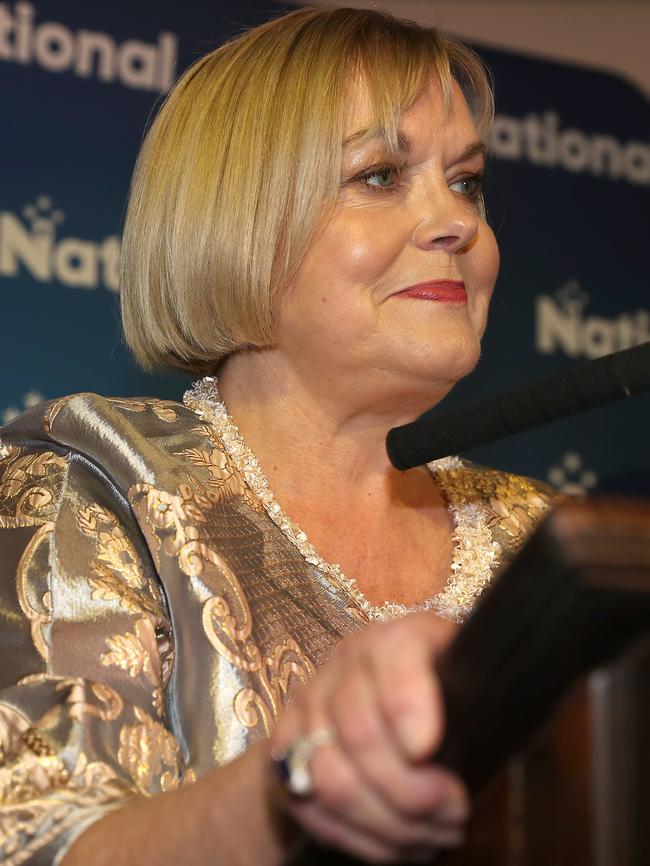
Nevertheless, 16 years living in North America mean Luxon knows where New Zealand’s security interests lie. He promises to complete a free-trade agreement with India in his first term, partly to reduce dependence on China. Finance Minister Nicola Willis – previously a Key government staffer and dairy-industry executive – promises a further opening of the books and mini-budget before Christmas, albeit with the emphasis on mini.
Kiwis will then hit the beaches and lakes for summer, but Luxon promises to work through. Whether his coalition with Peters follows Ardern’s in failing to deliver the big promises on its formation should be obvious in May. That’s when Willis presents her first full budget, the most difficult a Kiwi finance minister has had to bring together since 1991.
Matthew Hooton is a New Zealand political commentator who previously has worked for the National and ACT parties, and the Auckland mayor.

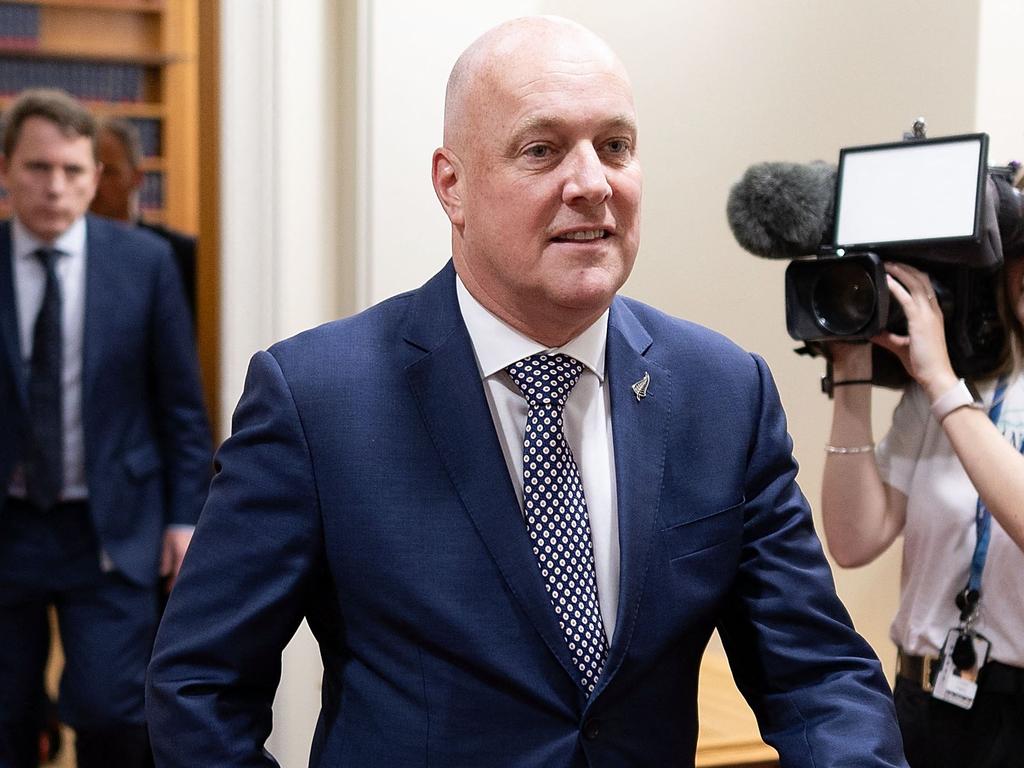
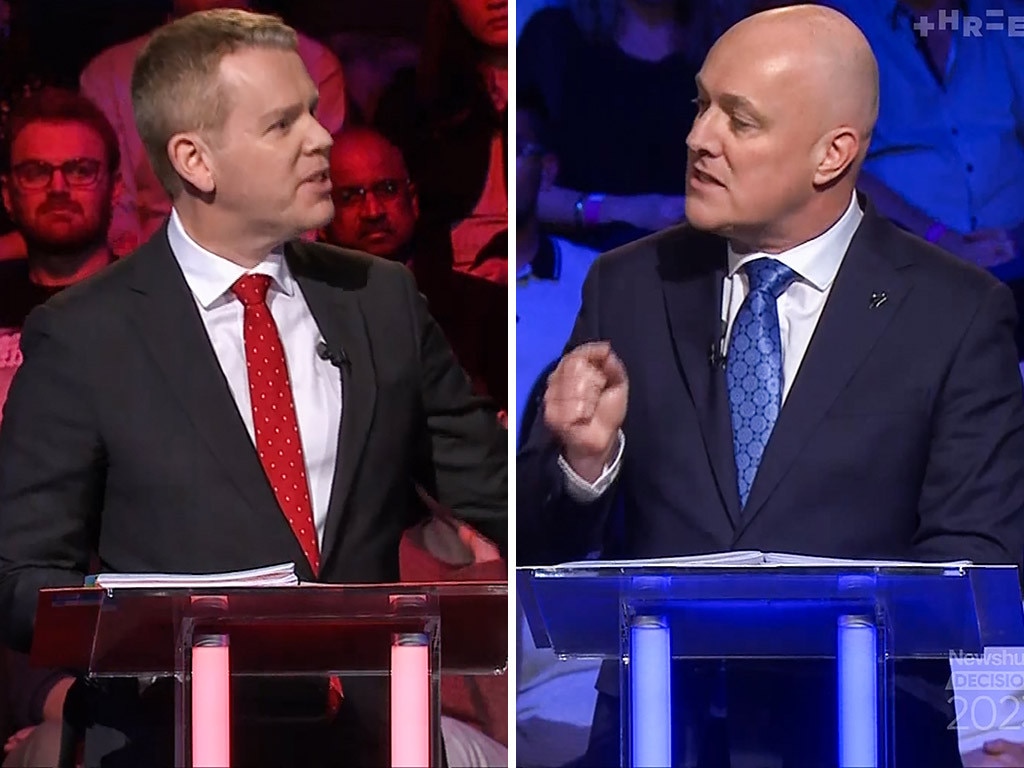
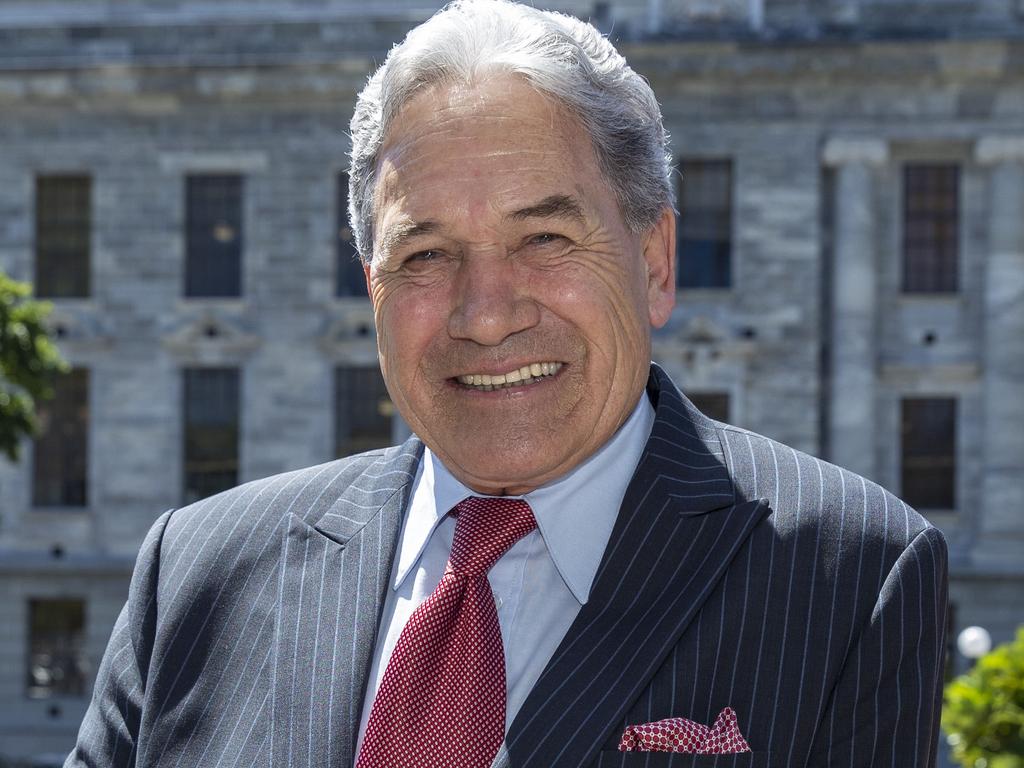
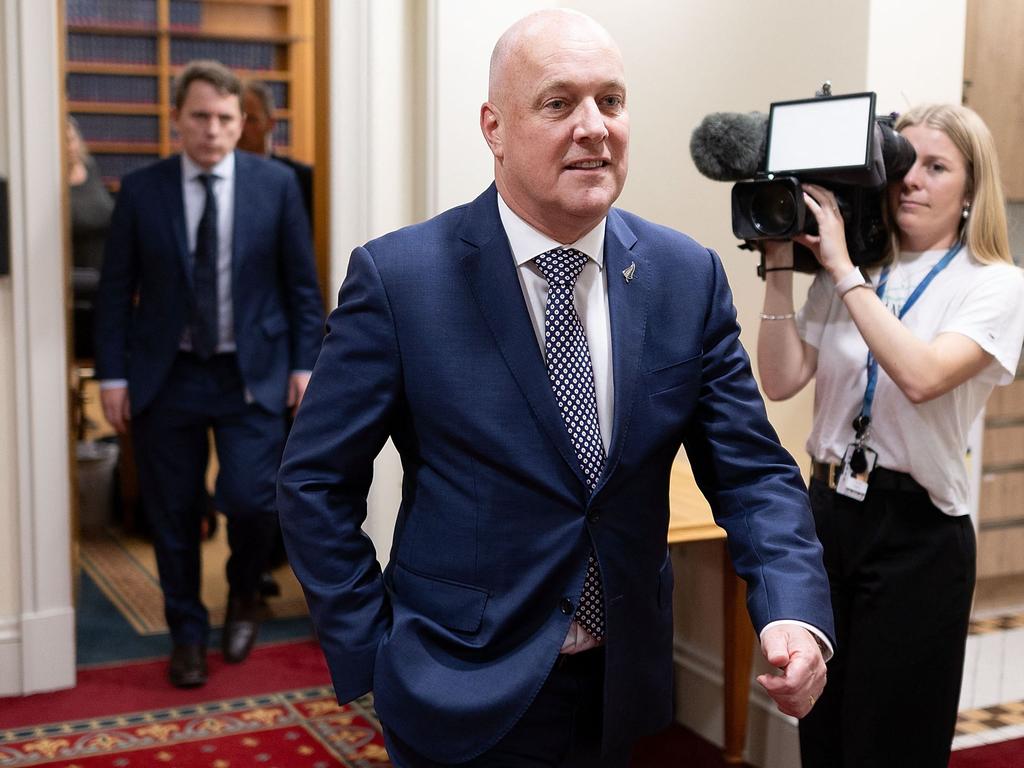


Kiwi Prime Minister Christopher Luxon leads New Zealand’s most right-wing government since the 1990s. It’s a big change from 2017 and 2020, when Kiwis elected their most left-wing governments since 1972.